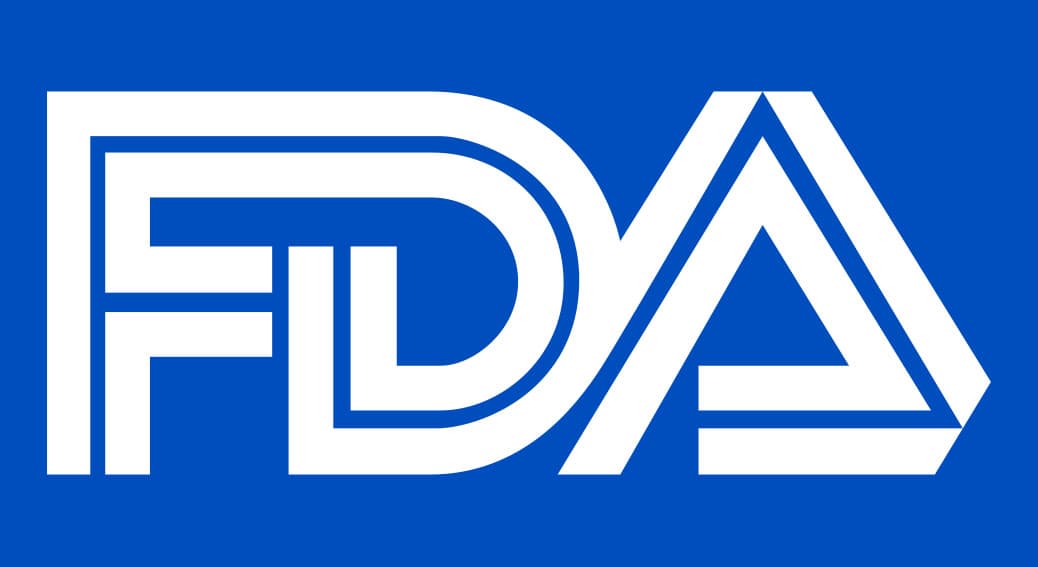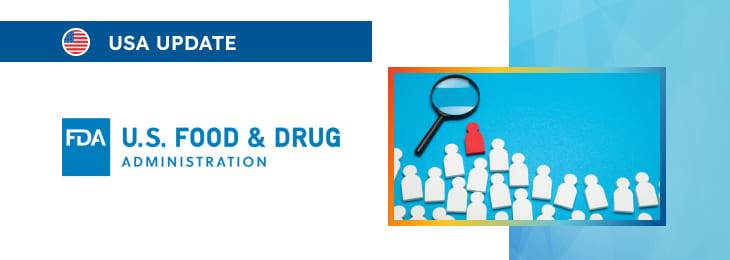The article highlights the critical points associated with the existing regulatory framework for remote regulatory assessments.

Table of content
The Food and Drug Administration (FDA or the Agency), the US regulating authority in healthcare products, has published a draft guidance document dedicated to remote regulatory assessment.
The guidance is structured as a questions-and-answers document providing an overview of the applicable regulatory requirements, as well as additional clarifications and recommendations to be considered by medical device manufacturers and other parties involved to ensure compliance.
At the same time, it is essential to mention that the document’s provisions are non-binding in their legal nature, nor are they intended to introduce new rules or impose new obligations.
Moreover, the authority explicitly states that an alternative approach could be applied, provided such an approach is in line with the respective legislation and has been agreed with the authority in advance.
Introduction
First, the document states that the FDA has adapted its operational procedures during the COVID-19 pandemic by implementing Remote Regulatory Assessments (RRAs) to oversee FDA-regulated products and industries.
RRAs encompass various activities, such as remote interactive evaluations and record reviews.
The FDA recognized the value of RRAs in ensuring compliance with its regulations, particularly during travel restrictions imposed by the pandemic.
This guidance document, upon finalization, aims to clarify the role of RRAs and assist the industry in understanding and engaging with these assessments.

Background
RRAs were employed by the FDA as a critical tool for maintaining oversight of regulated products and establishments during the pandemic. These included mandatory reviews of records as per specific sections of the Federal Food, Drug, and Cosmetic Act (FD&C Act) and voluntary evaluations like remote live streaming and teleconferences. RRAs were beneficial in various ways, such as verifying corrective actions, gaining compliance insights, and supporting the approval of marketing submissions.
Based on these successes, the FDA acknowledges the continued importance of RRAs for protecting public health and ensuring compliance and intends to use them for all types of regulated products.
The document further answers the most critical questions related to the matter.
What is an RRA?
An RRA is a remote examination conducted by the FDA to evaluate an establishment’s compliance with applicable FDA requirements. It can be either mandatory, based on legal requirements, or voluntary.
RRAs are distinct from physical inspections but do not limit FDA’s authority to conduct such assessments.
Who may be subject to an RRA?
Mandatory RRAs apply to establishments defined in the FD&C Act and importers subject to Foreign Supplier Verification Program (FSVP) requirements.
Voluntary RRAs can be requested from any establishment, including food producers, drug or medical device manufacturers, and clinical investigators.
Are RRAs replacing other means of obtaining information?
No, RRAs are not intended to replace other established methods of information gathering necessary for the FDA’s public health mission.
They are additional tools for obtaining compliance-related information.
Is an RRA an inspection?
An RRA is not considered an inspection under the FD&C Act. Inspections typically involve physical entry into establishments by FDA officers, whereas RRAs are conducted remotely.
When may the FDA initiate an RRA?
The FDA may initiate an RRA in various situations, such as during public health emergencies when physical inspections are not feasible or to support regulatory decisions.
The decision to begin an RRA is based on a risk-based approach, considering factors like the establishment’s location, inspection history, and product complexity.
Will the FDA use RRAs during FDA inspections?
RRAs and physical inspections will be conducted in a variety of ways.
An RRA might precede or follow a physical inspection, but it is conducted independently.
Information from an RRA can inform subsequent inspections and help verify corrective actions.
What are the benefits of an RRA?
RRAs offer several benefits, including enabling remote compliance evaluation, reducing resource expenditure during physical inspections, supporting timely regulatory decisions, and providing additional information for risk-based inspection scheduling.
Conclusion
In summary, the document highlights the key points related to the remote regulatory assessments introduced by the FDA to address arising needs.
The guidance explains the basics and provides additional clarifications to help the parties involved interpret the relevant regulatory requirements.
How Can RegDesk Help?
RegDesk is a holistic Regulatory Information Management System that provides medical device and pharma companies with regulatory intelligence for over 120 markets worldwide. It can help you prepare and publish global applications, manage standards, run change assessments, and obtain real-time alerts on regulatory changes through a centralized platform. Our clients also have access to our network of over 4000 compliance experts worldwide to obtain verification on critical questions. Global expansion has never been this simple.

